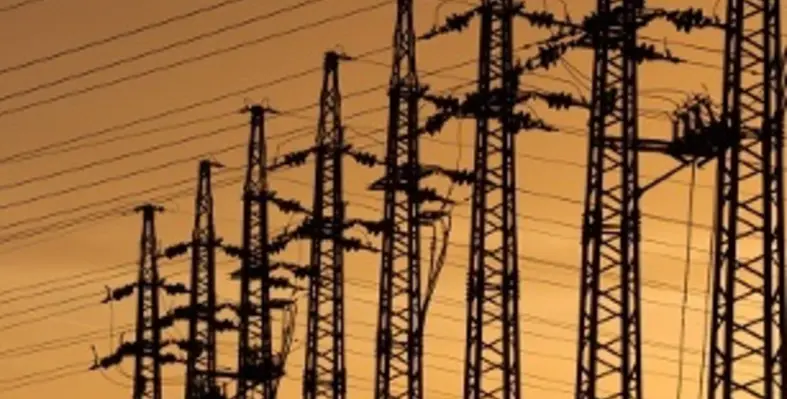Middle east countries are embarking on a massive power and electricity investment programme over the next five years to significantly expand the regions power generation and secure stable power supplies for the future.
Two new studies have come out highlighting the capital injection involved in these projects with US$117bn to be pumped in power generation between 2011-2015 and nearly US$2bn to be invested into power grids across the MENA region.
The studies show the dominant role played by Gulf oil producing countries in the region's overall power investment projects, including the new power grid, with the six Gulf Cooperation Council (GCC) members expected to add half of the future power capacity in the MENA region, according to a report by Arab Petroleum Investment Corporation (Apicorp).
The Apicorp study puts investments from the GCC at $53bn, US$25.1bn in Mashreq (east) Arab nations, US$24.1bn in Iran, US$13.7bn in Maghreb (west) Arab countries and nearly US$1.7bn in other Arab states.
Projected demand in the region will be highest in the GCC with growth at around 8.5 per cent, with growth put at 7.5 per cent in Mashreq, 7.2 per cent in other Arab countries and 6.5 per cent in Maghreb.
The study states that around 98.9 GW of electricity will be added to the region's total power generation capacity. The GCC remains the main growth area contributing 48 GW or 49 per cent of the projected generation expansion.
This is due to the massive development projects taking place in the Gulf with record rates of urbanisation and high requirements for air conditioning and water desalination.
The ambitious power grid project that aims to have 18 Arab electricity networks connected by the end of 2015 and subsequently be linked to the European grid through three or four connections will receive the majority of its funding from the GCC.
A report by Kuwaiti-based Arab Fund for Economic and Social Development (AFESD) estimated total costs for the project stood at US$2bn with the GGC power grid costing the most at an estimated US$1.2bn.
The power grid programme when operational will be beneficial to regional governments as operation and production costs will be cut significantly.
The AFESD study calculated the savings that will be made with the GCC saving US$22mn, US$74.8mn in the Morocco-Spain grid, US$8mn in the Jordanian-Syrian network and between US$1.6-7.5 mn for the rest of the region.








